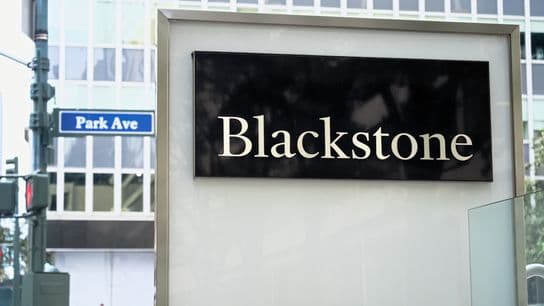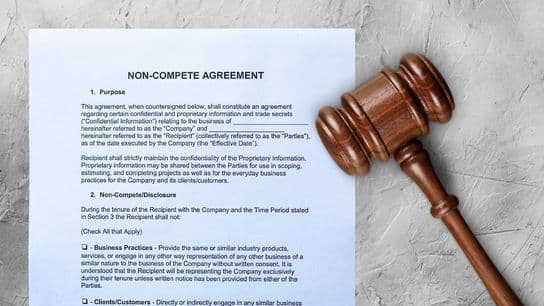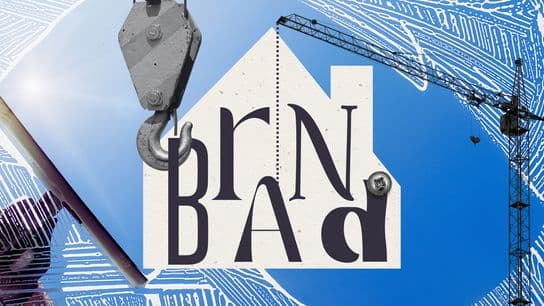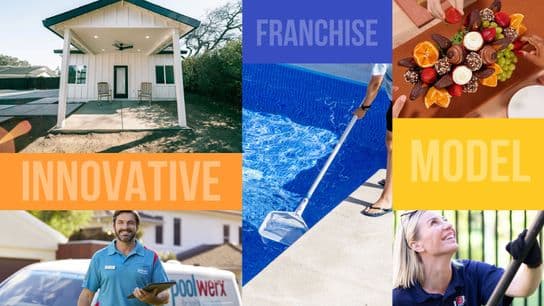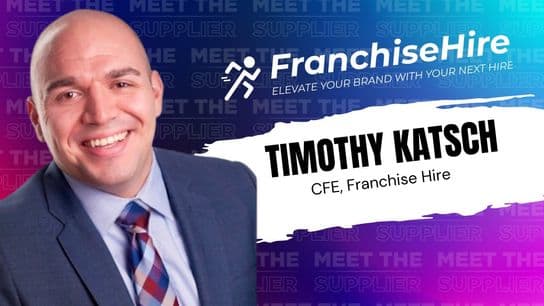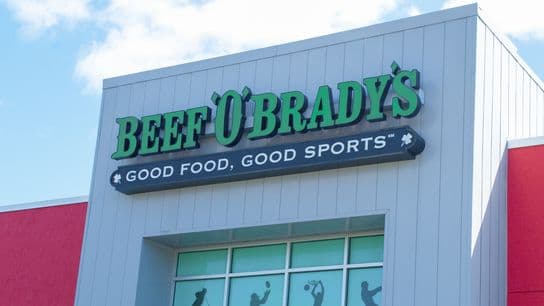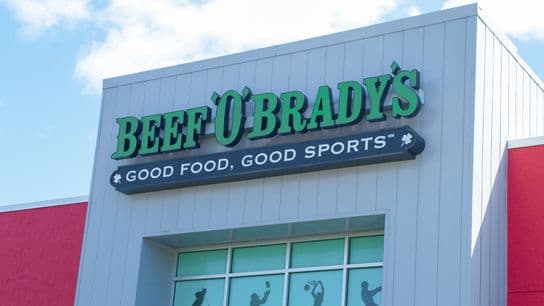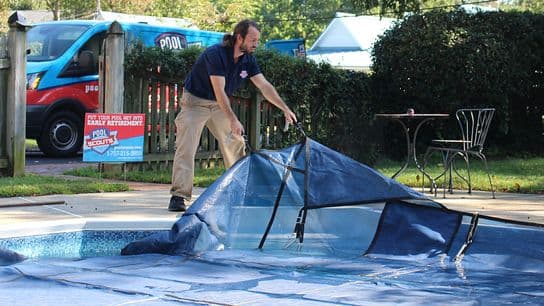Part 3: Over Promising Simply Steals Money
True entrepreneurs are realists. They certainly have dreams, but they also understand that there will be many struggles to achieving those dreams.
If you are in any industry that sells anything, you understand the power of under-promising and over-delivering. Yet, many businesses choose to over promise and under deliver. For the brands that have an unlimited pipeline of new business, I understand (but don’t agree) with your tactics: get as many customers in the door as possible, keep them for as long as possible and be perfectly OK with losing clients because there will always be more coming in.
As a true study of customer service, I find it very interesting how bad customer service really is. Whether it’s your internet/cable company; your cell phone company; your insurance company; or the contractor you use to cut your home, they all have one thing in common: bad customer service.
Opportunity? You bet.
I have written about this before, but our focus at No Limit Agency* and 1851 Franchise is providing second-to-none customer service. Will that method keep all clients? No. Some, as I have said, have all of their eggs in one basket, and if it doesn’t work as their unicorn, no level of customer service will help. But, if you do your very best to win for the clients you have, and you provide exceptional customer service, you are bound to create a sustainable service and business.
I love (and by love, I mean hate) the get-rich-quick scams that exist in business. Whether that is a guarantee of getting a brand on Fox News, which will in turn, make their brand huge; a guarantee of shelling out $19.99 in the pursuit to make millions; or a guarantee that this product will magically make you thin, it’s clear that unicorns don’t exist (as much as I wish they did). The only guarantee in life is that you will, well, die.
People are the true unicorns in business. You are the guarantee for whatever happens to your business. And, unfortunately, entrepreneurs are either born with or without wings. There are great business executives who don’t have the wings to own their own businesses—and those executives are vital to helping you reach the guarantees and the promises you (the person with wings) have made to win whatever you are fighting to win.
Many with wings also don’t over promise. They are skeptics. They are realists. They certainly have dreams, but they also understand that there will be many struggles to achieving those dreams.
Thus, when a business gives you a false promise, you should be the first one to cut the cards—to not believe, completely, the big audacious goal. Instead, you understand that a few steps under that may seem more possible.
I believe in “wow” moments. To create “wow” moments, my team cannot promise a flight to the moon when our plane will only take them 40,000 feet. If we tell them we can take them to the moon and only take them 40,000 feet, they will be disappointed. But, if we say we can take them to 30,000 feet, and then deliver something 10,000 feet higher, they are pumped by the results.
“Wow” moments come from being realistic. Thus, when creating your marketing messages, don’t set up your prospects for disappointment with lofty goals and promises.
One business model to recently experience turbulence was the self-serve frozen yogurt business. It has struggled for many reasons, but an over-promised, under-delivered message is part of the reason for failure.
Let’s say, for argument’s sake, the break even on a self-serve frozen yogurt franchise (with low labor, low food cost) is $500,000 in sales. Thanks to little competition, those who were first into the category experienced high sales—some even crossing over a million in sales. Thanks to these numbers in the item 19 and an urgency to sell franchises based on $1 million* per store revenue counts (* meaning, not all, but a few in the system), expectations were shot. Prospects bought thinking they would be rolling in cash—and they bought fast.
With very few points of differentiation between the brands, AUVs, for argument’s sake, didn’t live up to the $1 million mark. Instead, it was closer to the $600,000 mark. Being over-sold and under-delivered means frustration, closings and no scalability. This ultimately equals frustrated customers, frustrated landlords and frustrated franchisors.
Yet, at $600,000, a franchisee could possibly make a little return, and if they opened two, three and four and are able to leverage their business assets, they could make decent money. If you were told that you could make $500,000, suddenly $600,000 is winning.
Perception can ruin a reality.
Have we, as a business community, learned anything from froyo? Absolutely not. We are dreamers. But, perhaps, when creating our messages for selling our brands we may double think the idea of over promising the end result of our services. Maybe, just maybe, if we set better, more data driven expectations, we will keep our clients happier and we will grow better because our clients will validate better and refer more business.
And now, we sell the story. Stay tuned for part four to learn how.
*This brand is a paid partner of 1851 Franchise. For more information on paid partnerships please click here.


